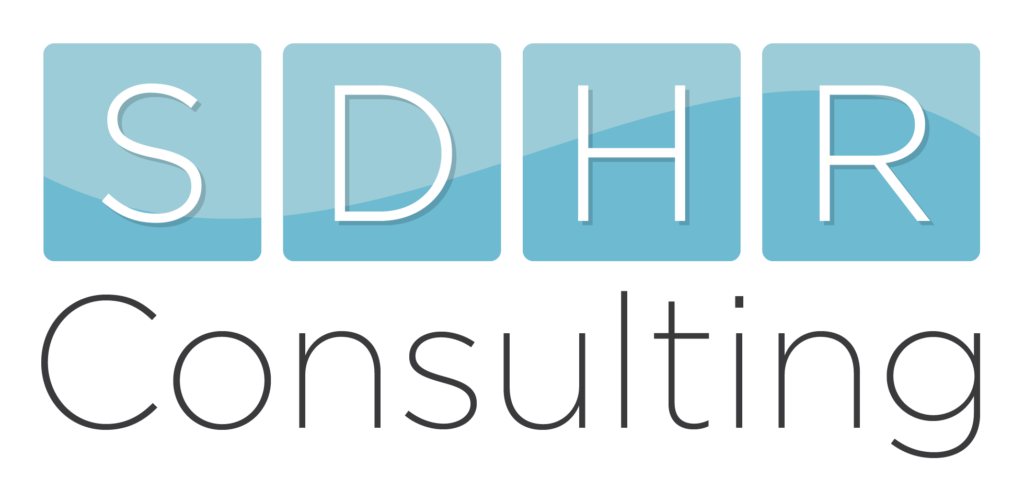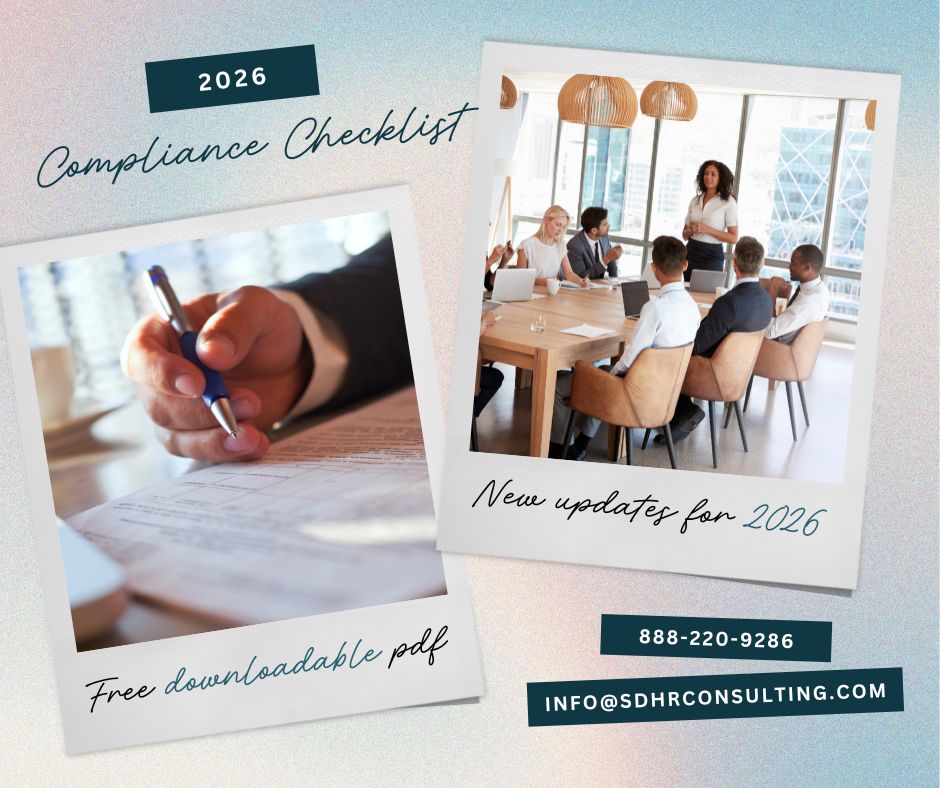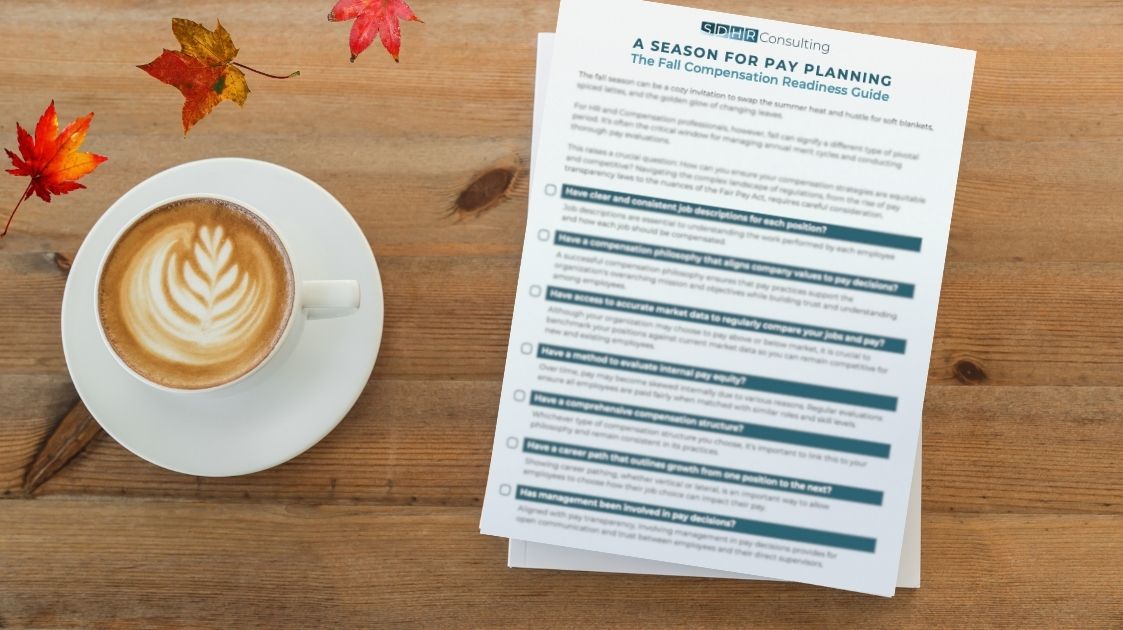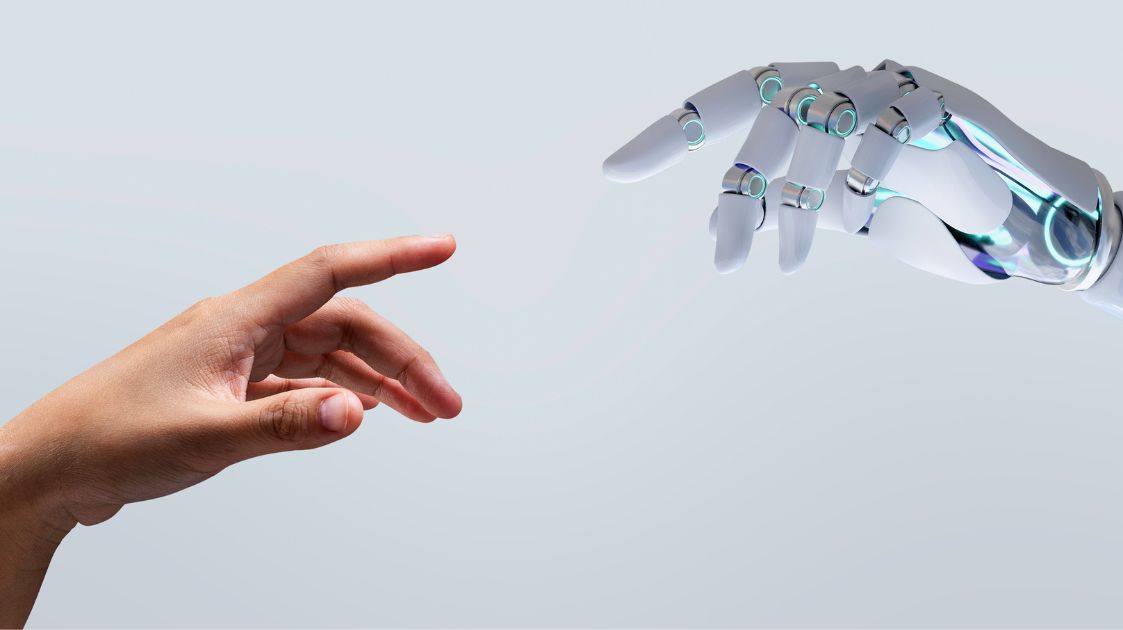Many companies including large retailers such as Nike, Dick’s Sporting Goods, and Apple require their employees to undergo security checks when leaving the workplace. For Apple, this included screenings of employees bags and personal devices each time they would exit the workplace including breaks, meal periods, and at the end of their shift. During the court case of Frlekin v. Apple, Inc., the issue of compensating employees for this screening time arose. Apple employees estimated that the searches could take anywhere from 20 to 45 minutes at peak hours due to long lines and lack of security guards. The Supreme Court noted California’s unique definition of “hours worked,” is comprised of two independent factors: (1) whether the employee is subject to the control of the employer; and (2) whether the employee is suffered or permitted to work. The final decision as determined that since Apple employees are required to undergo these screenings, they are placed under a specific control of the employer. This requires that employees must be paid for the time it takes for their belongings to be screened.
Employers who require their employees to undergo security checks in the workplace should review their policies in order to comply with this high court decision. At SDHR Consulting, our mission is to inform you of the policies that your company requires and create a seamless way of incorporating them into your culture and business environment.
Takeaways:
• Review your companies policies if you require employee bag or belongings screenings
• California’s “hours worked,” is defined as the time that employees are under the control of the employer, or time when the employee is suffered or permitted to work
• Analyze any wage or hourly time unique to your company

SDHRC can help you with all of your HR needs including HR compliance checks and assistance creating or updating your company handbook. Contact us to learn more about our services and how we can ensure your company complies with ever-changing rules and regulations.




